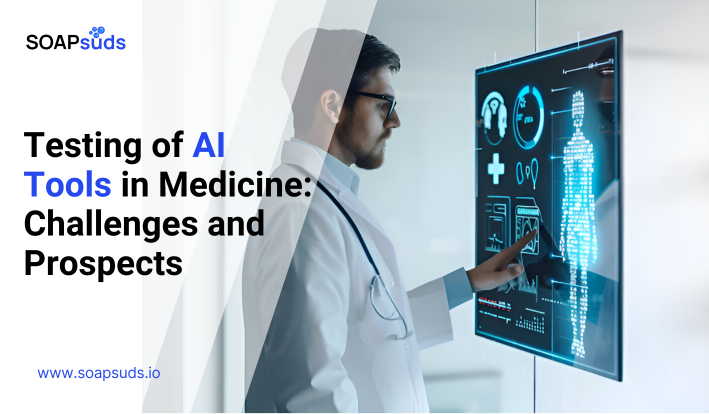Decoding Patient, Provider Perception of Healthcare AI
SOAPsuds team
Published: 3/19/2025
SOAPsuds team
Published: 3/19/2025

The introduction of EHR systems and their complex documentation requirements has caused a significant divide...

Electronic Health Records (EHR) are a core element of modern healthcare, offering numerous advantages in...

With the rapid growth of artificial intelligence, regulators like the FDA have approved hundreds of...

Since AI emerged in the 1950s, its use across industries has improved work processes, with...

AI-assisted medical charting software helps update electronic medical records automatically. It uses Natural Language Processing...

Medical transcription has been a widely used method for documenting healthcare information for many...
Clinical Notes
SOAP notes
DAP notes
AI medical notes